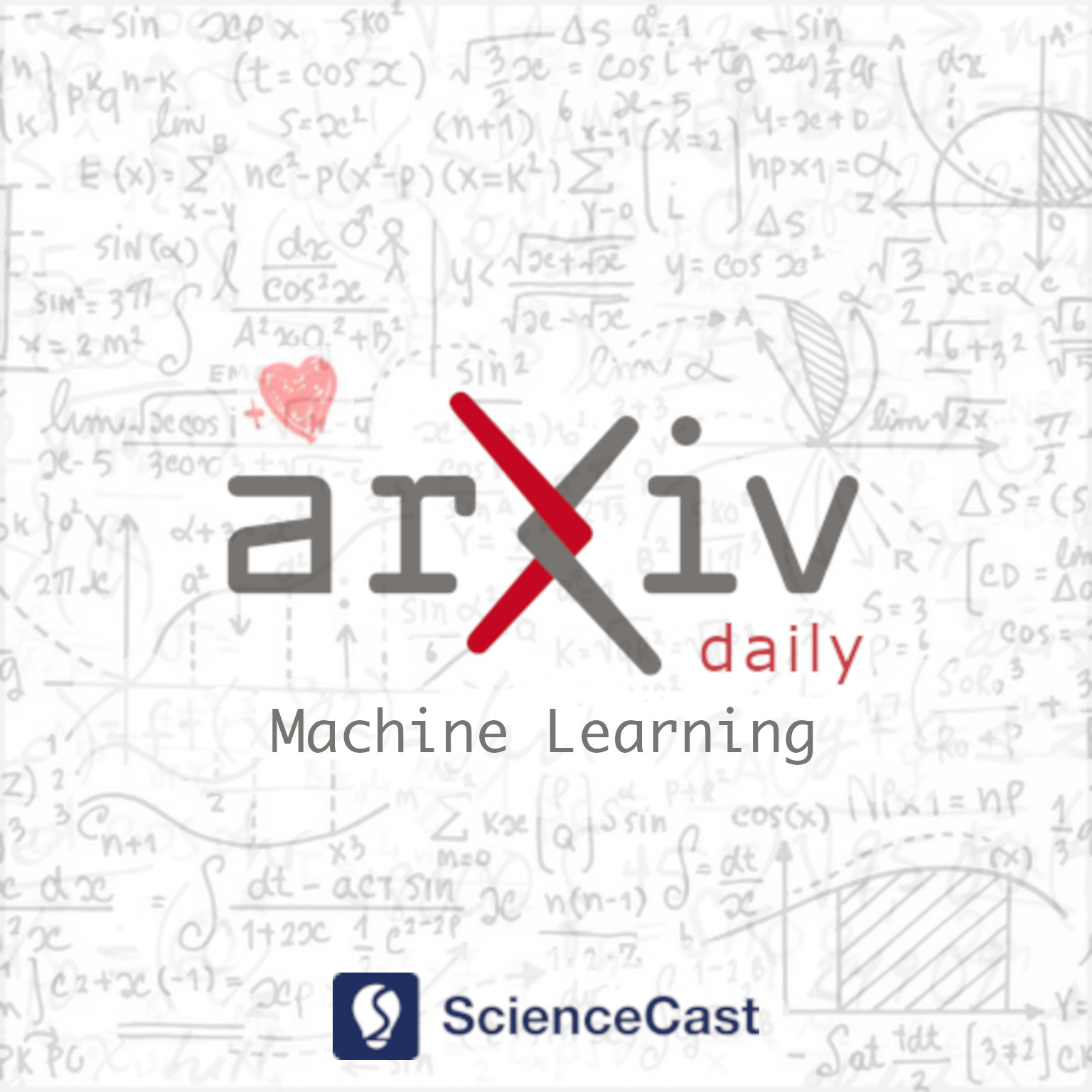
Machine Learning (cs.LG)
Wed, 09 Aug 2023
1.Sparse Binary Transformers for Multivariate Time Series Modeling
Authors:Matt Gorbett, Hossein Shirazi, Indrakshi Ray
Abstract: Compressed Neural Networks have the potential to enable deep learning across new applications and smaller computational environments. However, understanding the range of learning tasks in which such models can succeed is not well studied. In this work, we apply sparse and binary-weighted Transformers to multivariate time series problems, showing that the lightweight models achieve accuracy comparable to that of dense floating-point Transformers of the same structure. Our model achieves favorable results across three time series learning tasks: classification, anomaly detection, and single-step forecasting. Additionally, to reduce the computational complexity of the attention mechanism, we apply two modifications, which show little to no decline in model performance: 1) in the classification task, we apply a fixed mask to the query, key, and value activations, and 2) for forecasting and anomaly detection, which rely on predicting outputs at a single point in time, we propose an attention mask to allow computation only at the current time step. Together, each compression technique and attention modification substantially reduces the number of non-zero operations necessary in the Transformer. We measure the computational savings of our approach over a range of metrics including parameter count, bit size, and floating point operation (FLOPs) count, showing up to a 53x reduction in storage size and up to 10.5x reduction in FLOPs.
2.Deep Metric Learning for the Hemodynamics Inference with Electrocardiogram Signals
Authors:Hyewon Jeong, Collin M. Stultz, Marzyeh Ghassemi
Abstract: Heart failure is a debilitating condition that affects millions of people worldwide and has a significant impact on their quality of life and mortality rates. An objective assessment of cardiac pressures remains an important method for the diagnosis and treatment prognostication for patients with heart failure. Although cardiac catheterization is the gold standard for estimating central hemodynamic pressures, it is an invasive procedure that carries inherent risks, making it a potentially dangerous procedure for some patients. Approaches that leverage non-invasive signals - such as electrocardiogram (ECG) - have the promise to make the routine estimation of cardiac pressures feasible in both inpatient and outpatient settings. Prior models trained to estimate intracardiac pressures (e.g., mean pulmonary capillary wedge pressure (mPCWP)) in a supervised fashion have shown good discriminatory ability but have been limited to the labeled dataset from the heart failure cohort. To address this issue and build a robust representation, we apply deep metric learning (DML) and propose a novel self-supervised DML with distance-based mining that improves the performance of a model with limited labels. We use a dataset that contains over 5.4 million ECGs without concomitant central pressure labels to pre-train a self-supervised DML model which showed improved classification of elevated mPCWP compared to self-supervised contrastive baselines. Additionally, the supervised DML model that is using ECGs with access to 8,172 mPCWP labels demonstrated significantly better performance on the mPCWP regression task compared to the supervised baseline. Moreover, our data suggest that DML yields models that are performant across patient subgroups, even when some patient subgroups are under-represented in the dataset. Our code is available at https://github.com/mandiehyewon/ssldml
3.Efficient Bayesian Optimization with Deep Kernel Learning and Transformer Pre-trained on Multiple Heterogeneous Datasets
Authors:Wenlong Lyu, Shoubo Hu, Jie Chuai, Zhitang Chen
Abstract: Bayesian optimization (BO) is widely adopted in black-box optimization problems and it relies on a surrogate model to approximate the black-box response function. With the increasing number of black-box optimization tasks solved and even more to solve, the ability to learn from multiple prior tasks to jointly pre-train a surrogate model is long-awaited to further boost optimization efficiency. In this paper, we propose a simple approach to pre-train a surrogate, which is a Gaussian process (GP) with a kernel defined on deep features learned from a Transformer-based encoder, using datasets from prior tasks with possibly heterogeneous input spaces. In addition, we provide a simple yet effective mix-up initialization strategy for input tokens corresponding to unseen input variables and therefore accelerate new tasks' convergence. Experiments on both synthetic and real benchmark problems demonstrate the effectiveness of our proposed pre-training and transfer BO strategy over existing methods.
4.An Analytical Study of Covid-19 Dataset using Graph-Based Clustering Algorithms
Authors:Mamata Das, P. J. A. Alphonse, Selvakumar K
Abstract: Corona VIrus Disease abbreviated as COVID-19 is a novel virus which is initially identified in Wuhan of China in December of 2019 and now this deadly disease has spread all over the world. According to World Health Organization (WHO), a total of 3,124,905 people died from 2019 to 2021, April. In this case, many methods, AI base techniques, and machine learning algorithms have been researched and are being used to save people from this pandemic. The SARS-CoV and the 2019-nCoV, SARS-CoV-2 virus invade our bodies, causing some differences in the structure of cell proteins. Protein-protein interaction (PPI) is an essential process in our cells and plays a very important role in the development of medicines and gives ideas about the disease. In this study, we performed clustering on PPI networks generated from 92 genes of the Covi-19 dataset. We have used three graph-based clustering algorithms to give intuition to the analysis of clusters.